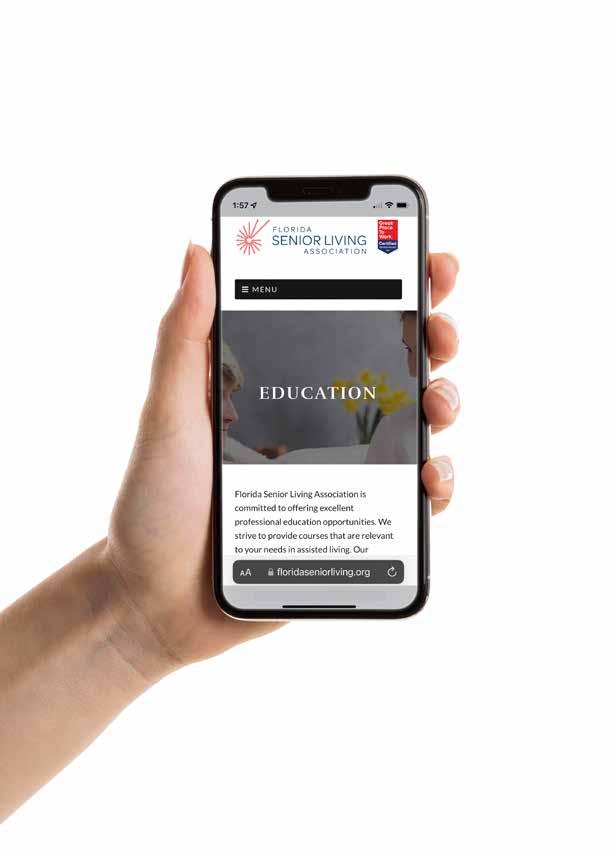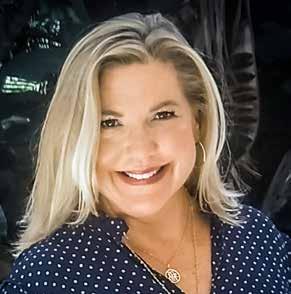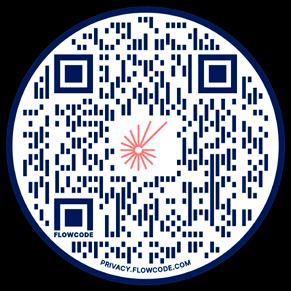
3 minute read
EVERY DAY is SURVEY DAY
by monica wilson
Most everyone has heard this saying, but I find that people fall into two different camps when it comes to embracing this sentiment. Many of us fall into the “absolutely – this is what we strive for” camp, while others roll their eyes and say, “yeah, right.”
Advertisement
Senior living staff often identify barriers to making compliance a focal point including the need to focus on census; staff turnover, vacant positions or reliance on agency staff; running out of time every day; excessive meetings; time spent handling resident and family issues; lack of ownership support or management buy-in; or a general feeling of being overwhelmed.
The Case for Making Compliance a Daily Focus
Operating as if every day is survey day can reduce anxiety and chaos, build confidence amongst your team, provide a source of satisfaction and celebration for the team, and provide a vehicle to detect and correct deficient practices in the community when they happen. Communities should have internal mechanisms to assess processes and policies and to ensure that laws and rules are being followed rather than to default to regulators to identify problems. While it is the regulator’s job to identify deficient practices, it is also our job and when compliance is a priority, the likeliness that any systemic issues exist at the time of regulatory inspections is greatly reduced.
Where To Start
• Prioritize resident care, supervision and well-being.
• Establish daily, weekly, monthly, quarterly and annual tasks that include regulatory compliance as a focus. Extend this beyond the leadership team and help each team member understand why and how their daily actions contribute to the success of the team, the community and to regulatory compliance.
• Establish a learning culture and provide the tools needed to facilitate each team member’s success. This may include training, education and coaching, collaborative problem solving and regularly establishing commitment to a shared vision.
• Communicate, communicate, communicate. Remember, communication includes listening and observing. Observe staff workarounds. This is often a sign that they need support to meet expectations because they are missing tools to do so in keeping with the existing procedures and policies.
• Identify gaps and establish or re-establish systems to address the gaps. No one wants to be putting out daily fires. When we find ourselves doing so, this can be a signal that gaps exist.
• Celebrate success. Every day.

Can one of our community’s nurses provide the six (6) hour training for assistance with the self-administration of medication training for our unlicensed staff?
The training provider must be a Registered Nurse or a Licensed Pharmacist – these are the credentials required to provide training for assistance with the self-administration of medication. The training provider must ensure the trainees demonstrate in person an understanding of how to provide assistance in accordance with regulatory guidelines. The content to be covered and a minimum list of the demonstration skills is identified in section 59A-36. 011 (6), F.A.C.
monica wilson , ms ICEBridge, LLC

Have a question about assisted living operations? Ask Monica: Monica@icebridgetraining.com
Monica Wilson is registered with the Florida Agency for Health Care Administration (AHCA) as an Assisted Living Core training provider and with the Florida Department of Elder Affairs as an Alzheimer’s disease and related disorders training provider. She is an experienced administrator, trainer, facilitator, and educator with a passion for older adults, technology and connecting people and processes.
A surveyor recently informed me that we must record bed holds on the admission and discharge log. I don’t have that understanding – what is the requirement?
When a bed hold is in place, discharge of the resident is not required, and thus, is not included on the admission and discharge log. If a bed hold is discontinued because the resident is unable to return to living in the assisted living community and subsequently the resident is being discharged, the log must be updated with the date of the discharge, reason for discharge and the location to where the resident is being discharged.
Can we open residents’ mail and packages? “But, we want to be sure . . .”
I receive this question more often than expected. Florida’s Assisted Living Facilities Act ensures in the Resident Bill of Rights each resident’s civil and legal rights and also specifically addresses the right to unrestricted private communication including receiving and sending unopened correspondence.
We are committed to offering excellent education opportunities. You can access ALF Core Training, Professional Development, Continuing Education, Webinars, Cocktails and Conversations, Upcoming Events and more on our Education page! floridaseniorliving.org/education









